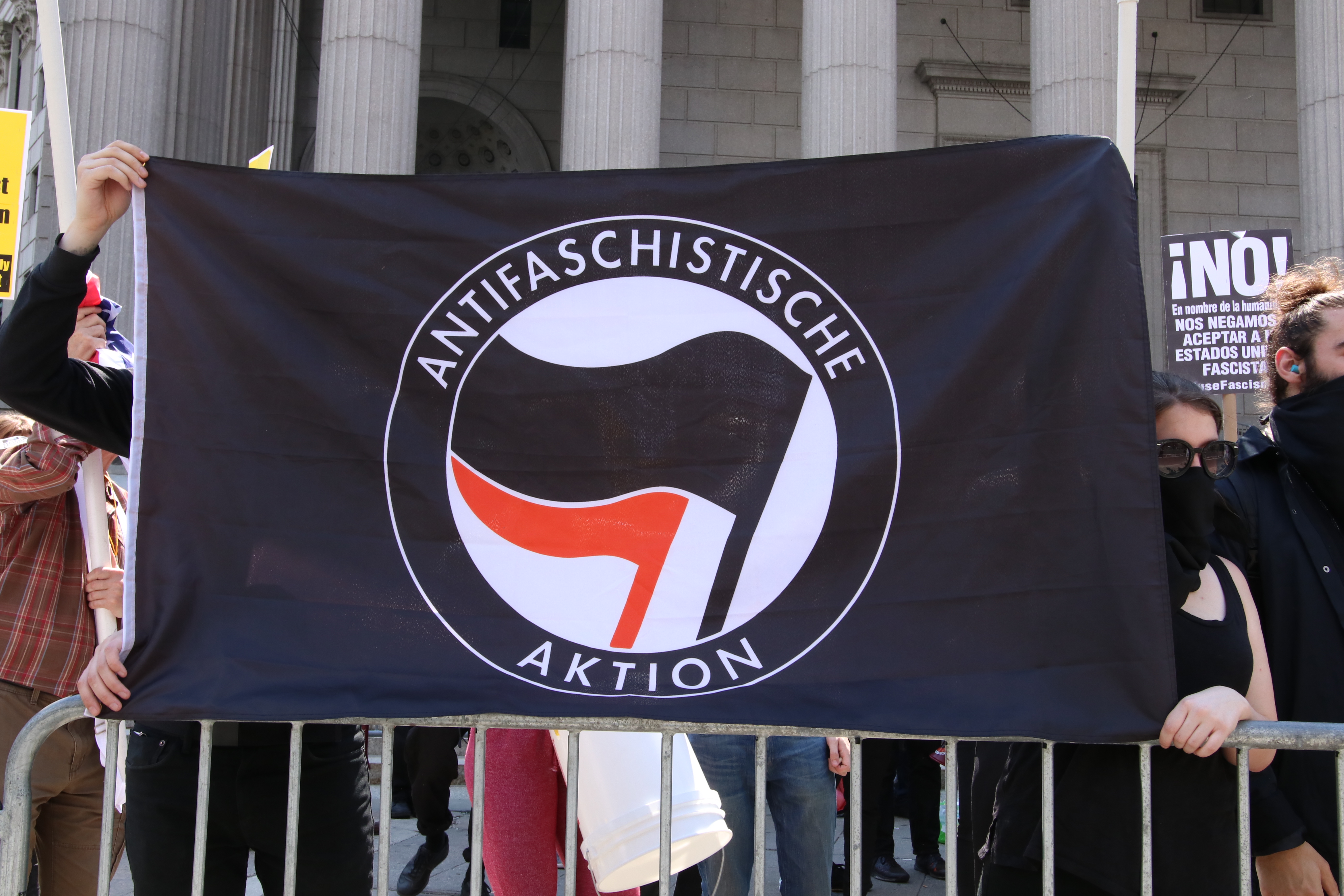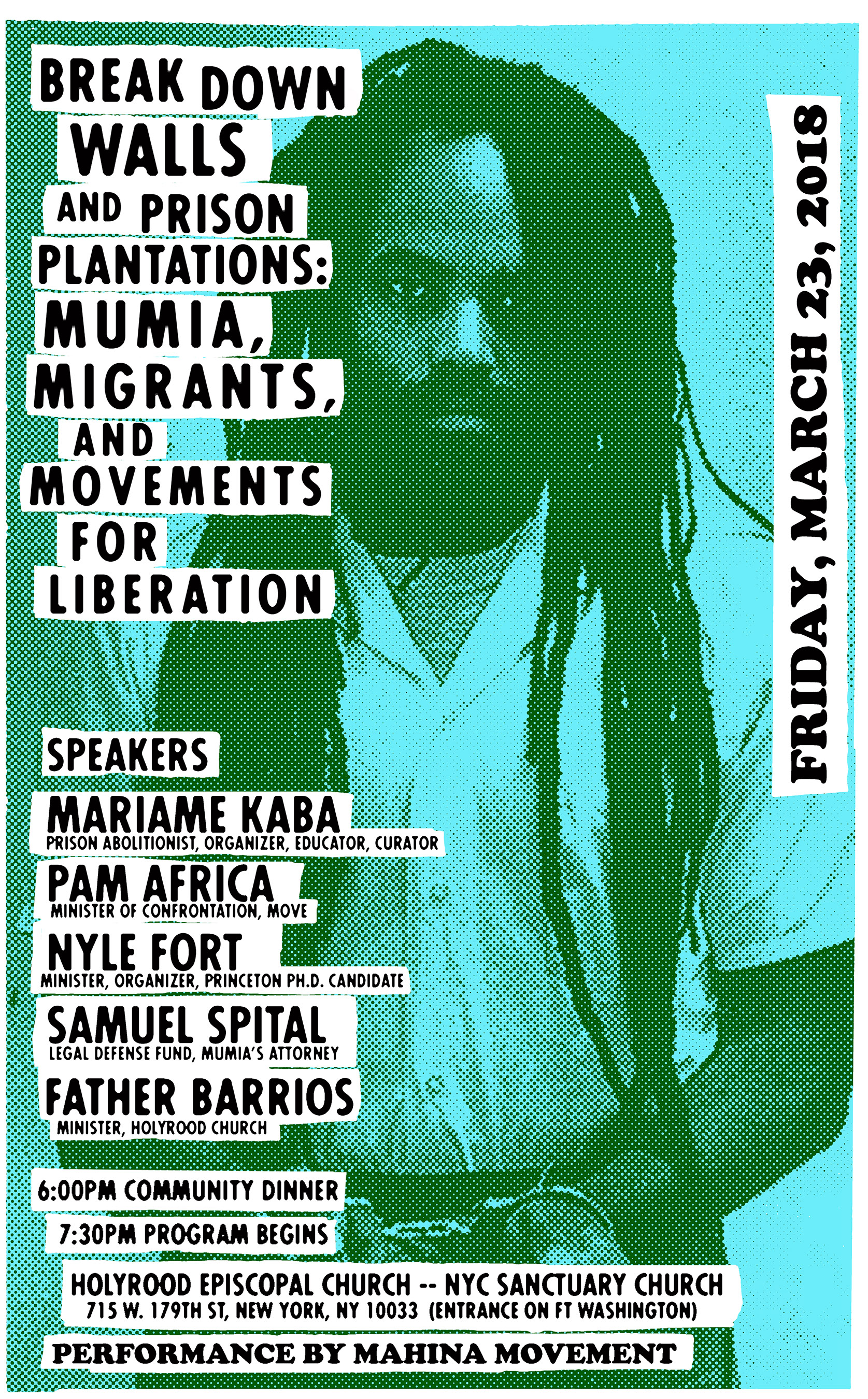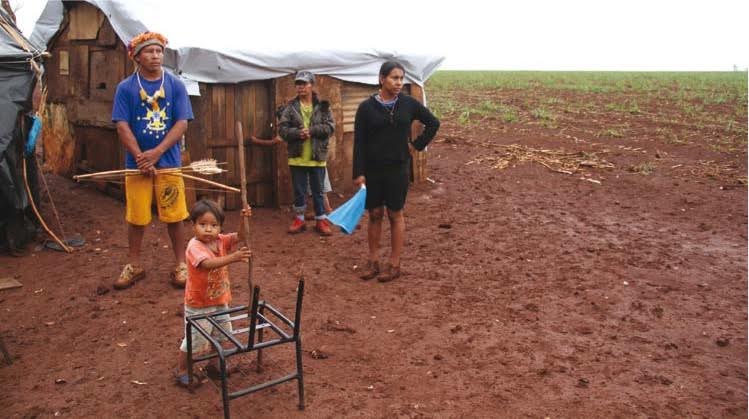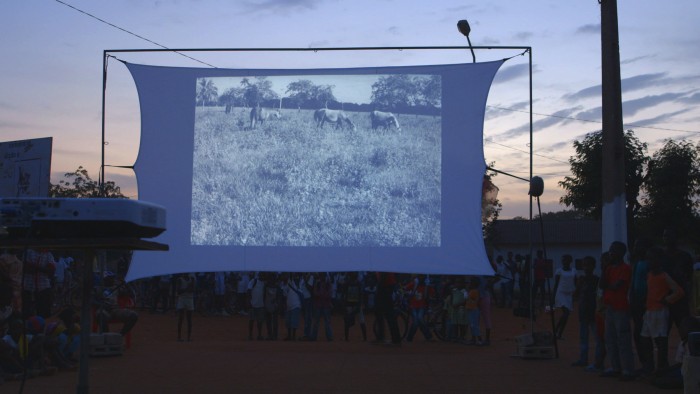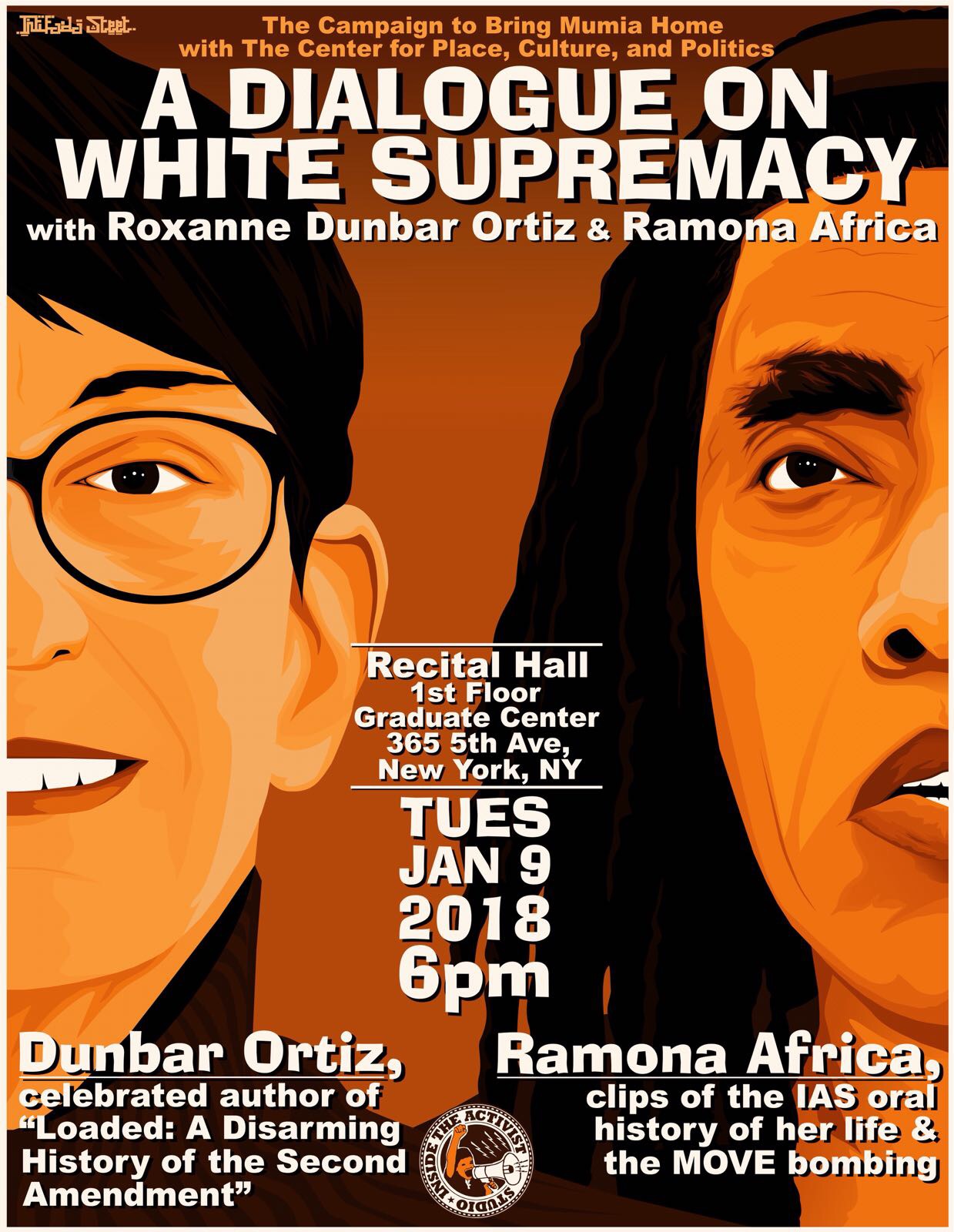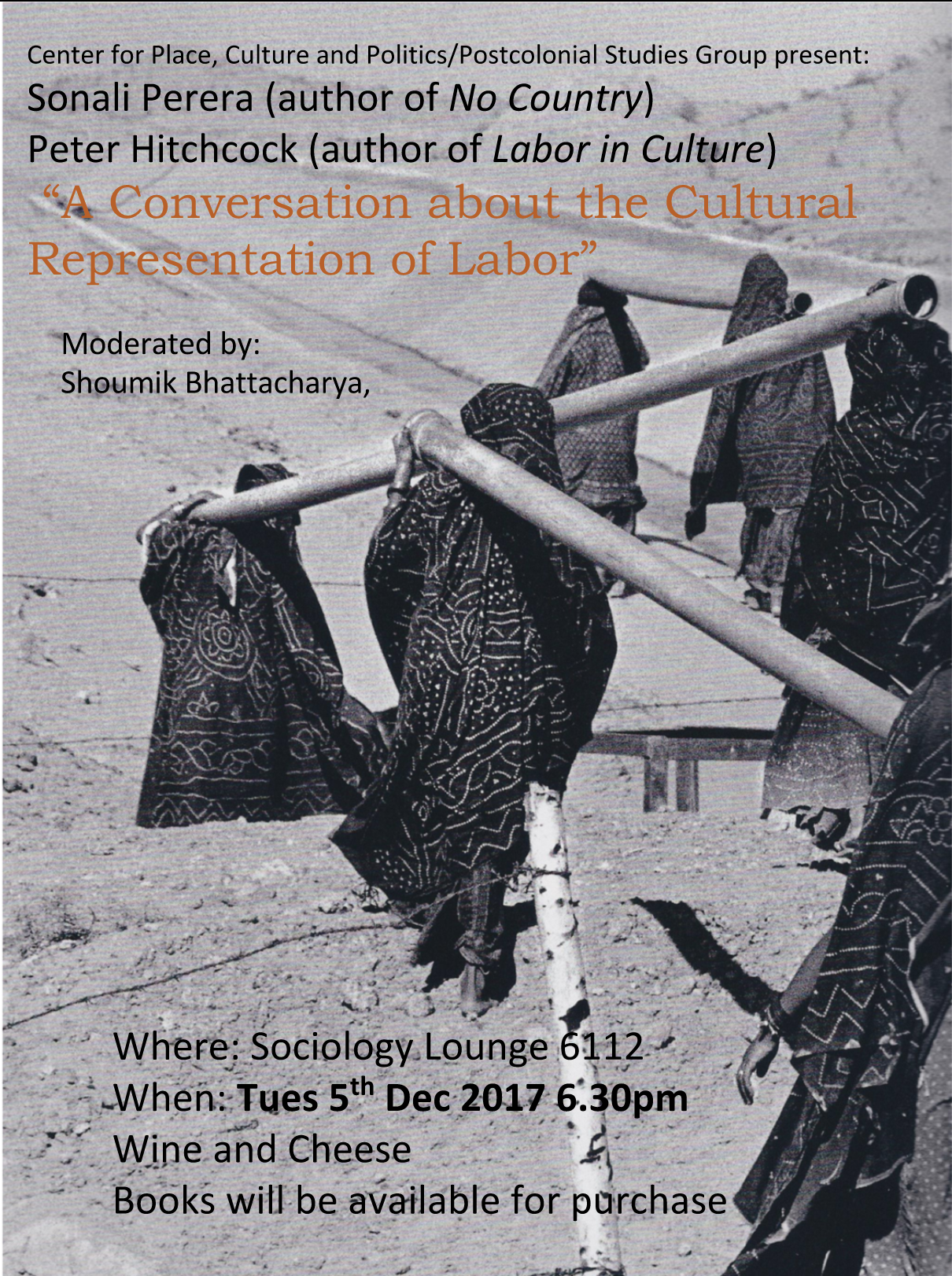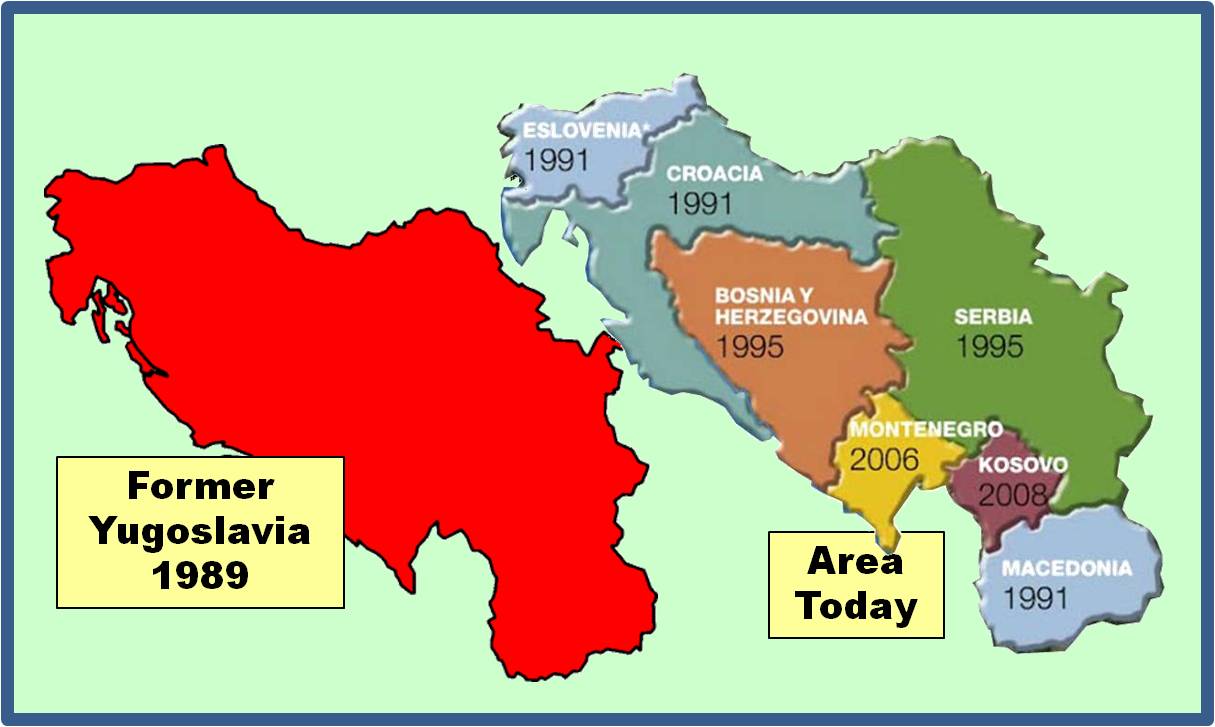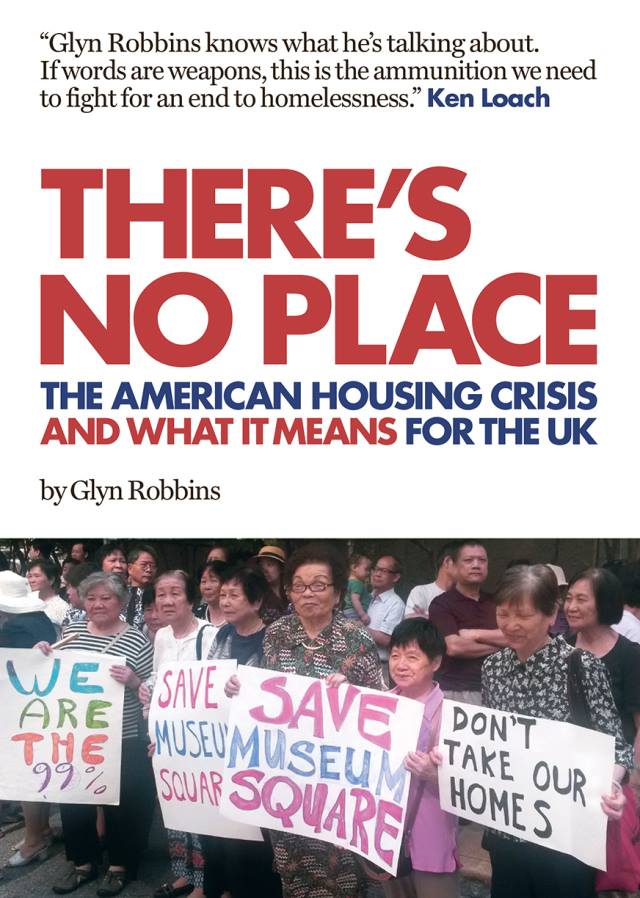CPCP FILM SERIES
“The Militant Image” and the struggles against colonialism
2/9; 2/28; 3/14; and 3/30 6:30-8:30pm SEGAL THEATER

“The militant image comprises any form of image or sound – from essay film to fiction feature, from observational documentary to found-footage ciné-pamphlet, from newsreel to agitational reworking of colonial film production – produced in through film-making practices dedicated to the liberation struggles and revolutions of the late twentieth century”. Departing from the liberation struggle against Portuguese colonial power in Guinea Bissau, this film series explores how the liberation struggles are portrayed through cinematic images. How has recovery of liberation texts, memories and images and their use by filmmakers contributed to the understanding of these revolutionary and liberatory movements.
2/9 6:30p – 8.30p – Segal Theater:
The Two Faces of the War (Diana Andringa and Flora Gomes, 2007, 100 minutes)
This documentary shot in Guinea Bissau, Cape Verde, and Portugal includes a series of interviews with and testimonies of people who lived through the period of the anticolonial war and liberation struggle in Guinea Bissau. This film sets the tone for a debate around the themes of reconciliation and historical memory in the post-conflict period of the Portuguese “colonial war” and independence struggle.
2/28 6:30p – 8.30p – Segal Theater:
Mined Soil (Filipa César, 2014, 34 minutes) and The Return of Cabral (Sana N’Hada, Flora Gomes and Josefina Crato, 1976, 31 minutes)
Mined Soil revisits the work of the Guinean Agronomist Amílcar Cabral, from studying the erosion of soil in the Portuguese Alentejo region in the 1950’s through his engagement as one of the leaders of the African liberation movements. This line of inquiry intertwines with documentation of a gold mining site, operated today by a Canadian company located in the same Portuguese area once studied by Cabral.
During the independence struggle, Amílcar Cabral, co-founder of the African party for the Independence of Guinea Bissau and Cape Verde (PAIGC) was killed in 1973. The Return of Cabral documents the relocation of Cabral’s remains, which had been buried in Guinea Conakry, to Guinea Bissau to Guinea Bissau 3 years after independence was proclaimed by the PAIGC.
3/14 6:30p – 8.30p – Segal Theater:
Spell Reel (Filipa César, 2016, 100 minutes)
This film is a collaborative reflection on West African political history, and the role of moving images in the creation and legacy of that history. Filmmakers Sana Na N’Hada, Flora Gomes, José Bolama Cobumba, and Josefina Crato, who studied filmmaking in Cuba at the directive of Amílcar Cabral, documented Guinea-Bissau’s independence struggle and the subsequent years of socialist rule. In 1979, Chris Marker spent several months with them, and would later integrate carnival footage shot by N’Hada into Sans Soleil. Following the 1980 military coup, many of the revolutionary films were lost; those that remained were little known and at risk of disappearing.
To bring these films, and often just fragments of them, back into the public eye, César has worked closely with Arsenal Institute for Film and Video Art in its initiative to preserve the history of revolutionary cinema in Guinea-Bissau through research, digitization, and dissemination of the holdings at the National Film Institute of Guinea-Bissau (INCA – Instituto Nacional de Cinema e Audiovisual).
3/30 6:30p – 8.30p – Segal Theater:
The Two Faces of the War (Diana Andringa and Flora Gomes, 2007, 100 minutes)
This documentary shot in Guinea Bissau, Cape Verde, and Portugal includes a series of interviews with and testimonies of people who lived through the period of the anti-colonial war and liberation struggle in Guinea Bissau. This film sets the tone for a debate around the themes of reconciliation and historical memory in the post-conflict period of the Portuguese “colonial war” and independence struggle.
THIS SERIES IS SPONSORED BY THE CENTER FOR PLACE, CULTURE AND POLITICS. IT IS FREE AND OPEN TO THE PUBLIC.


